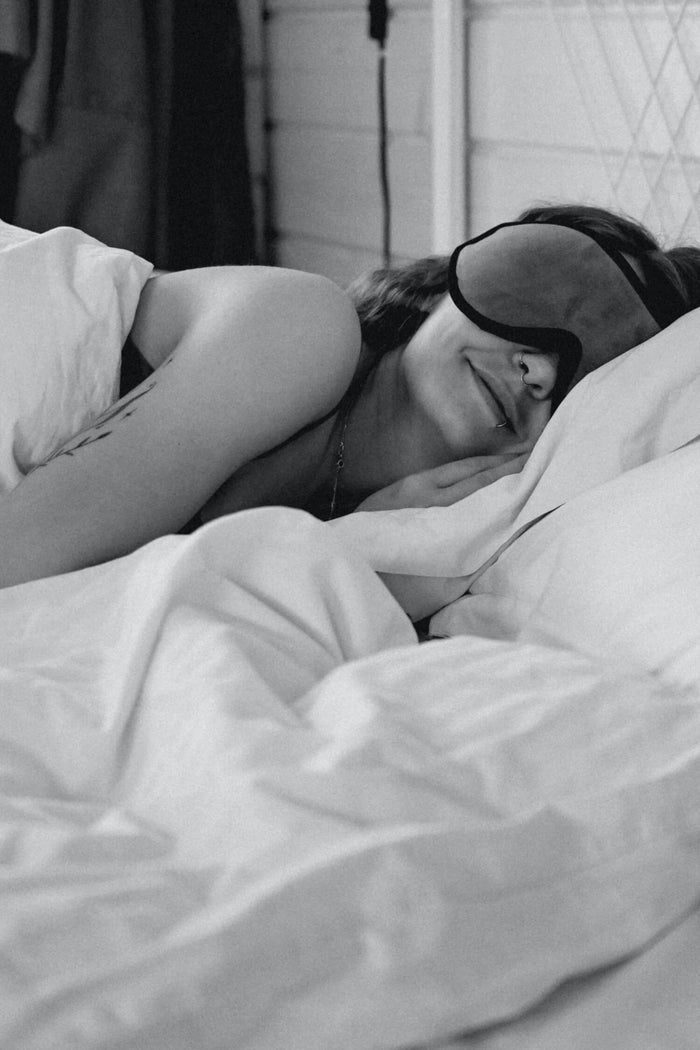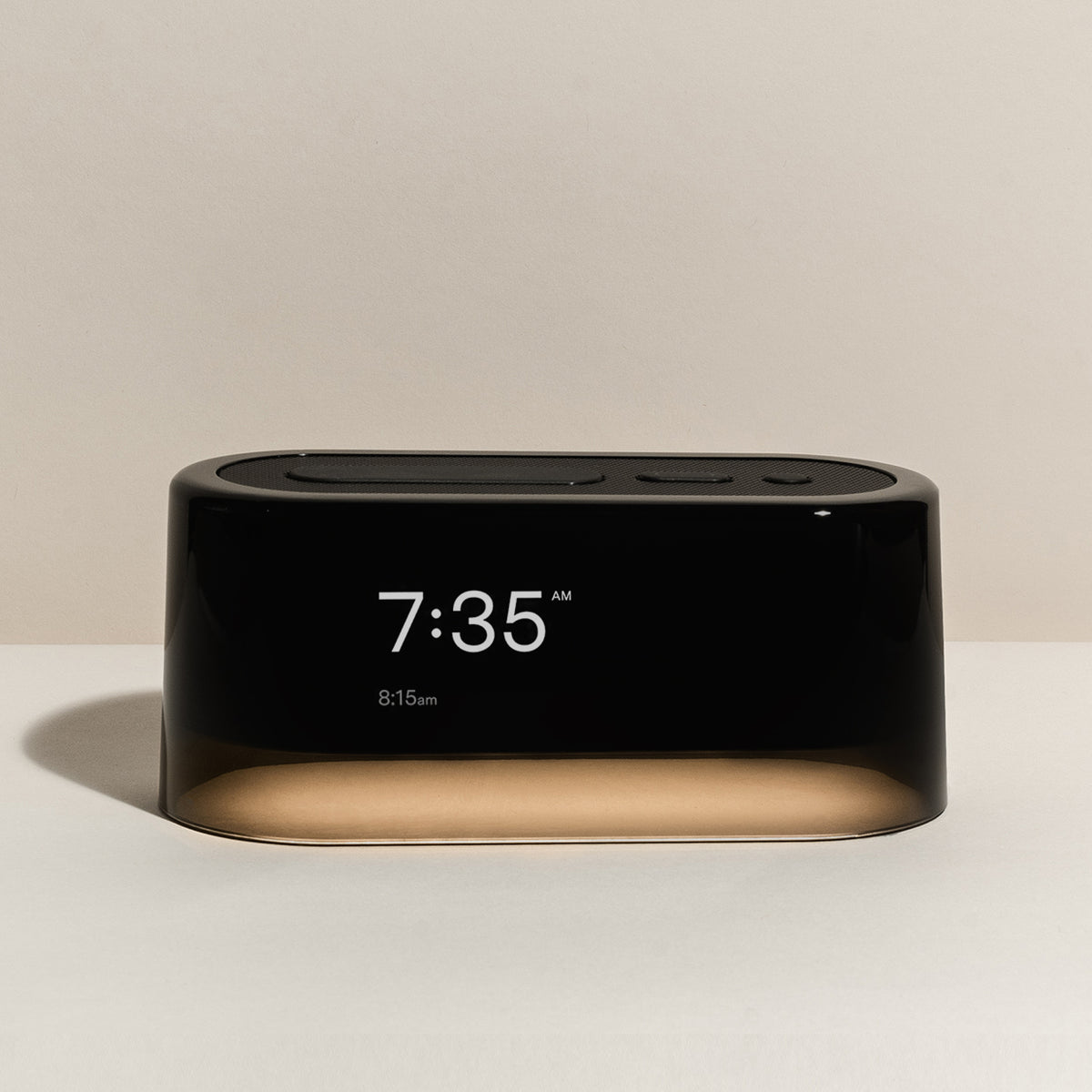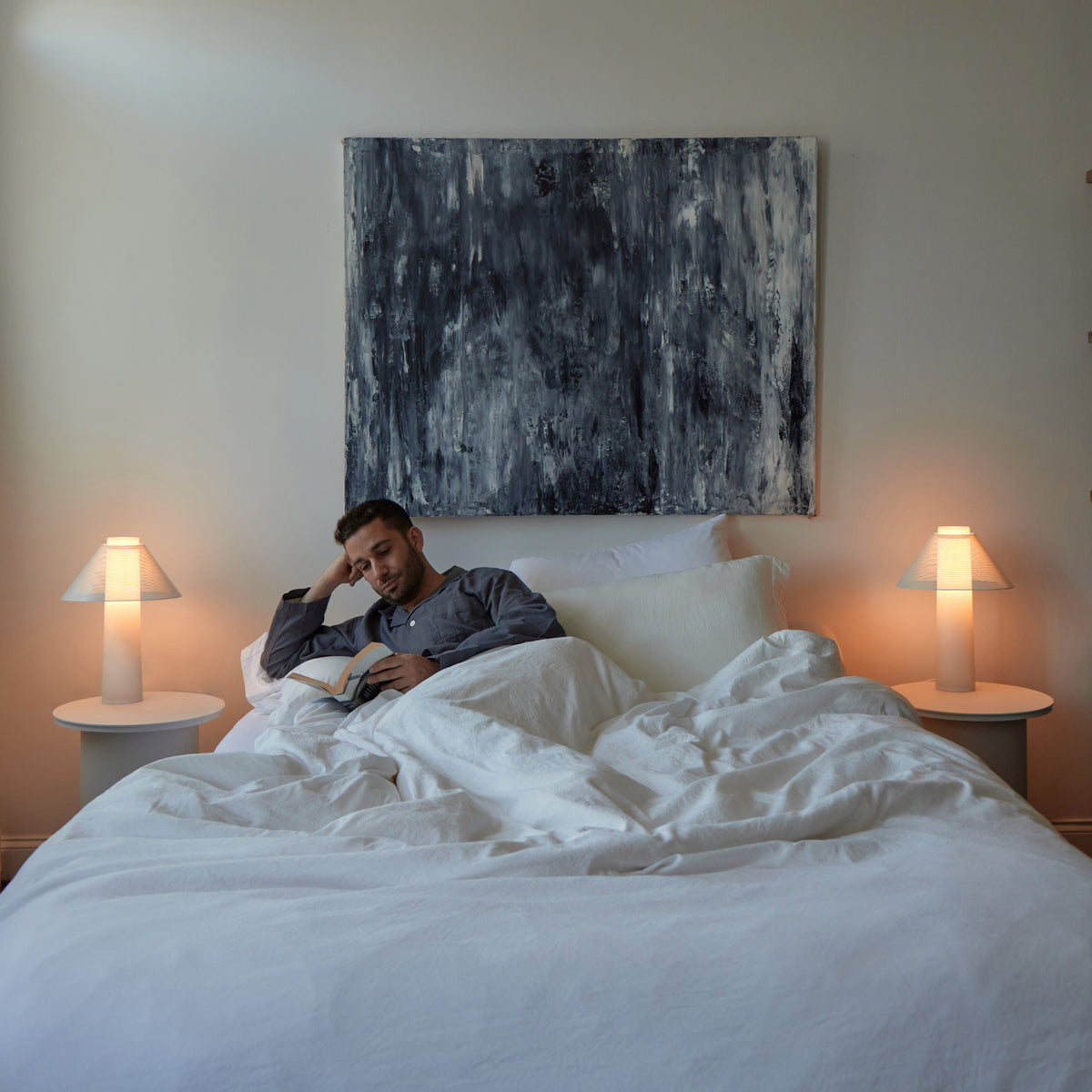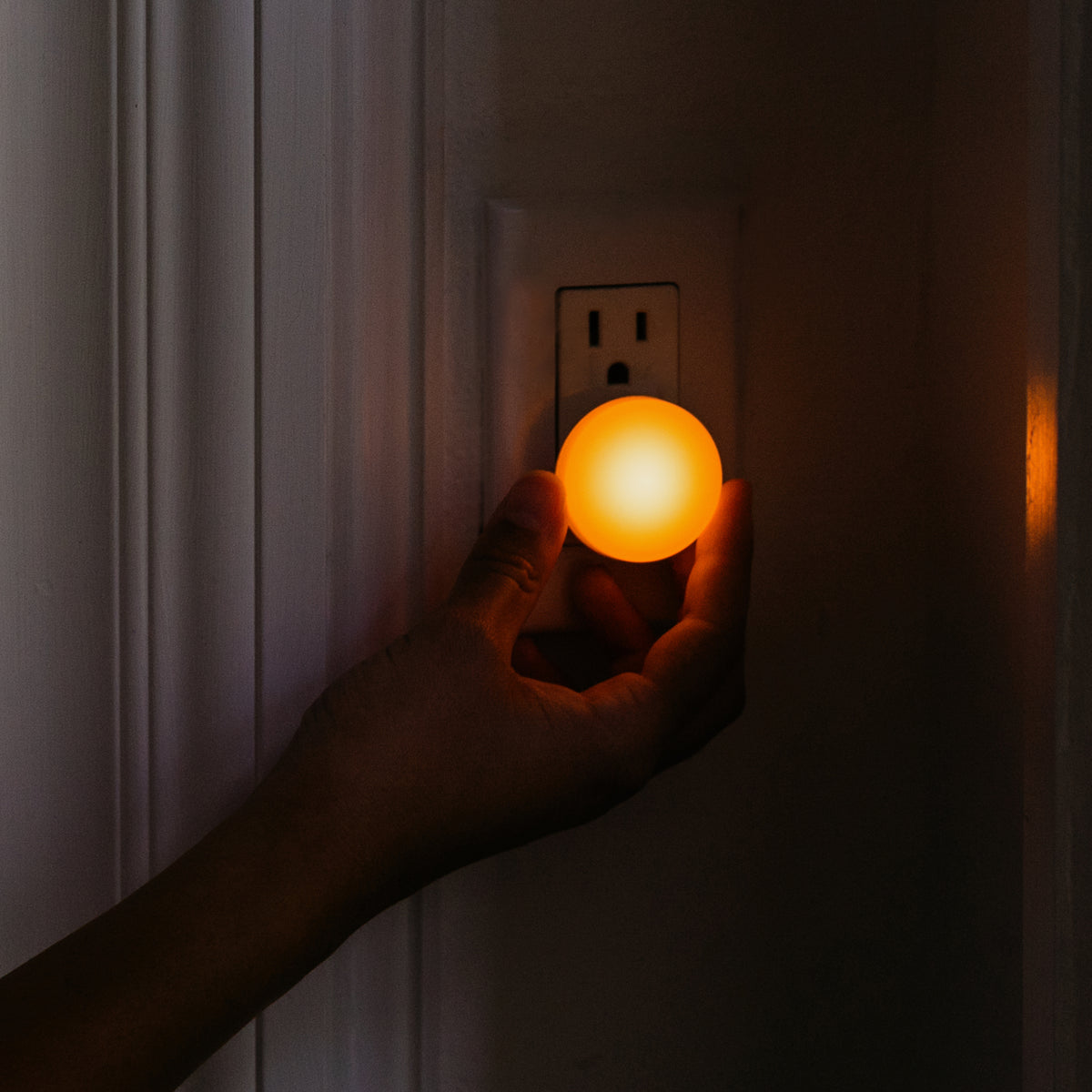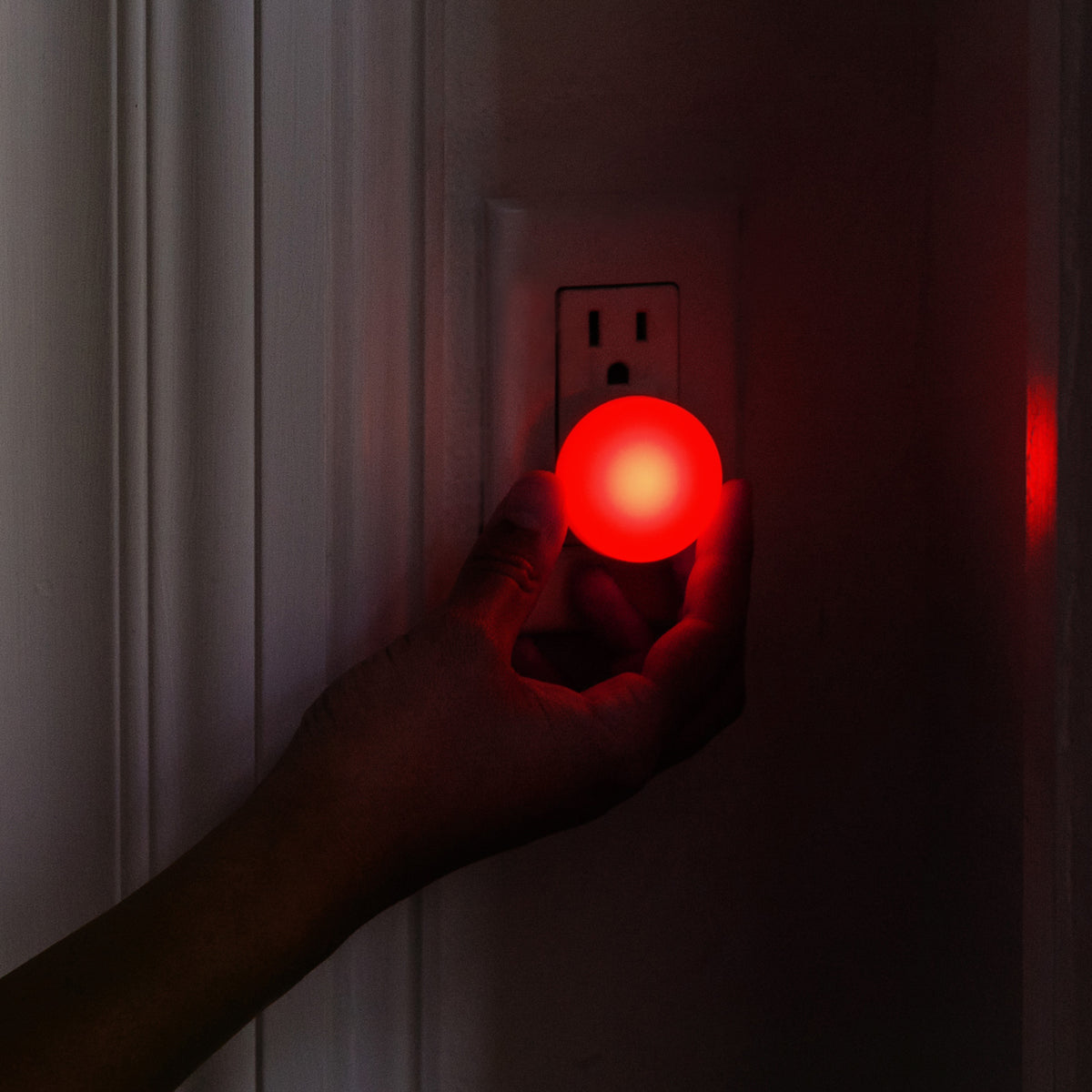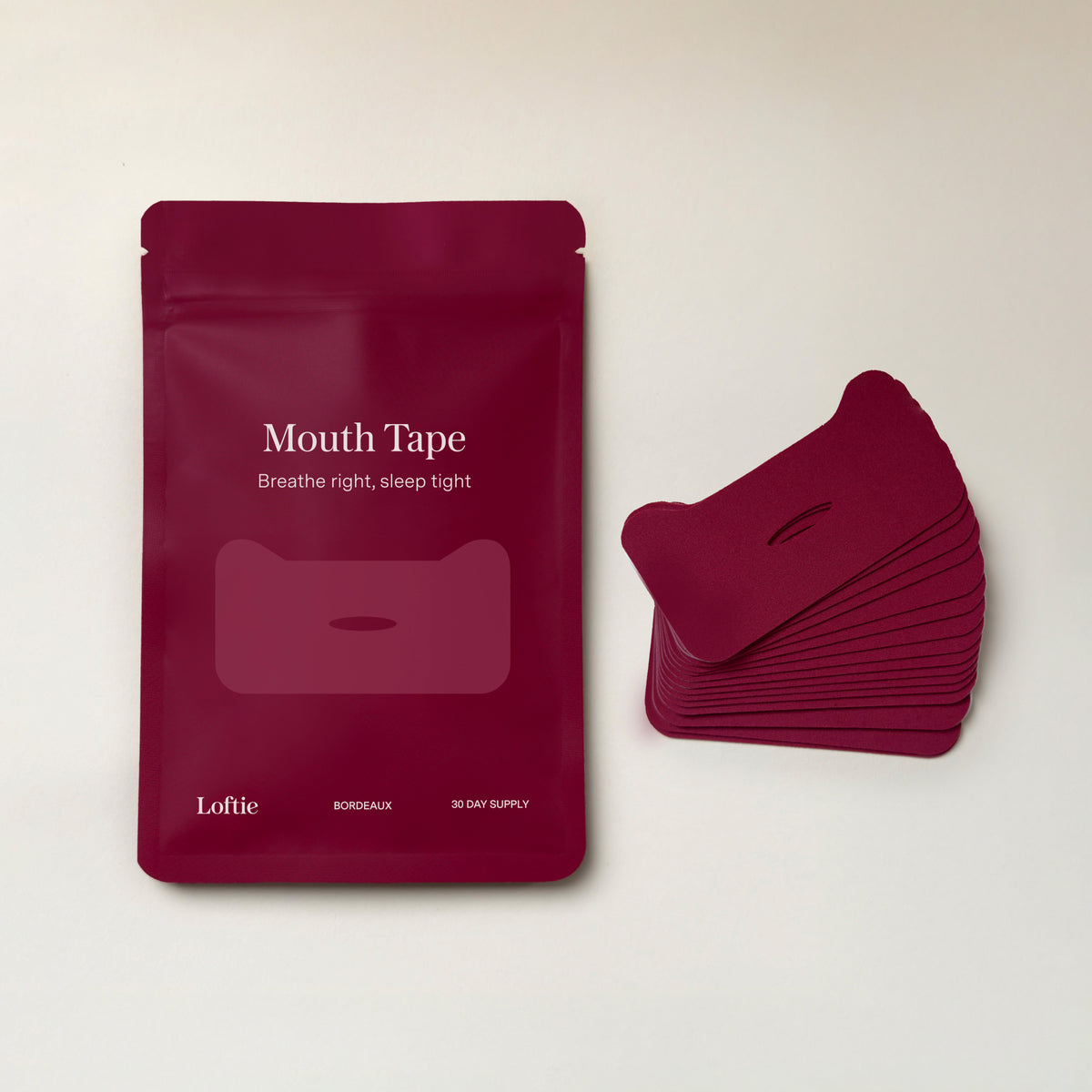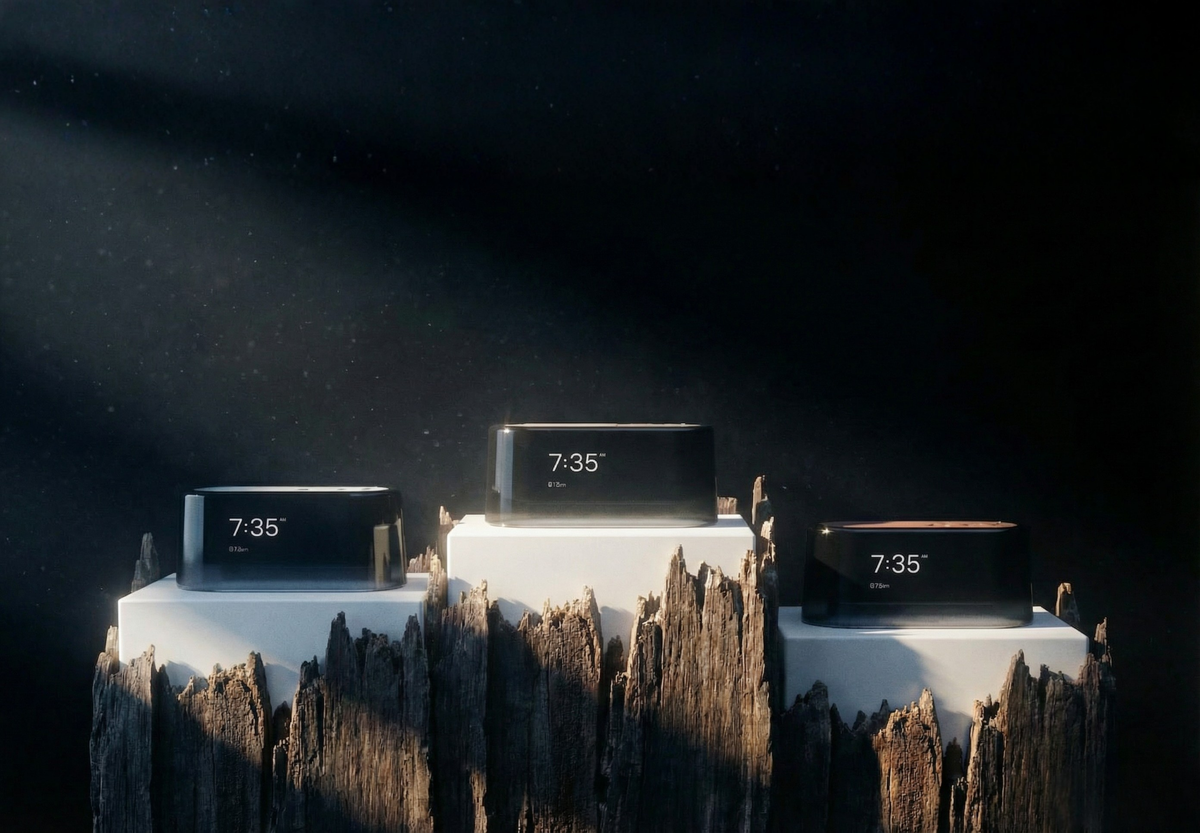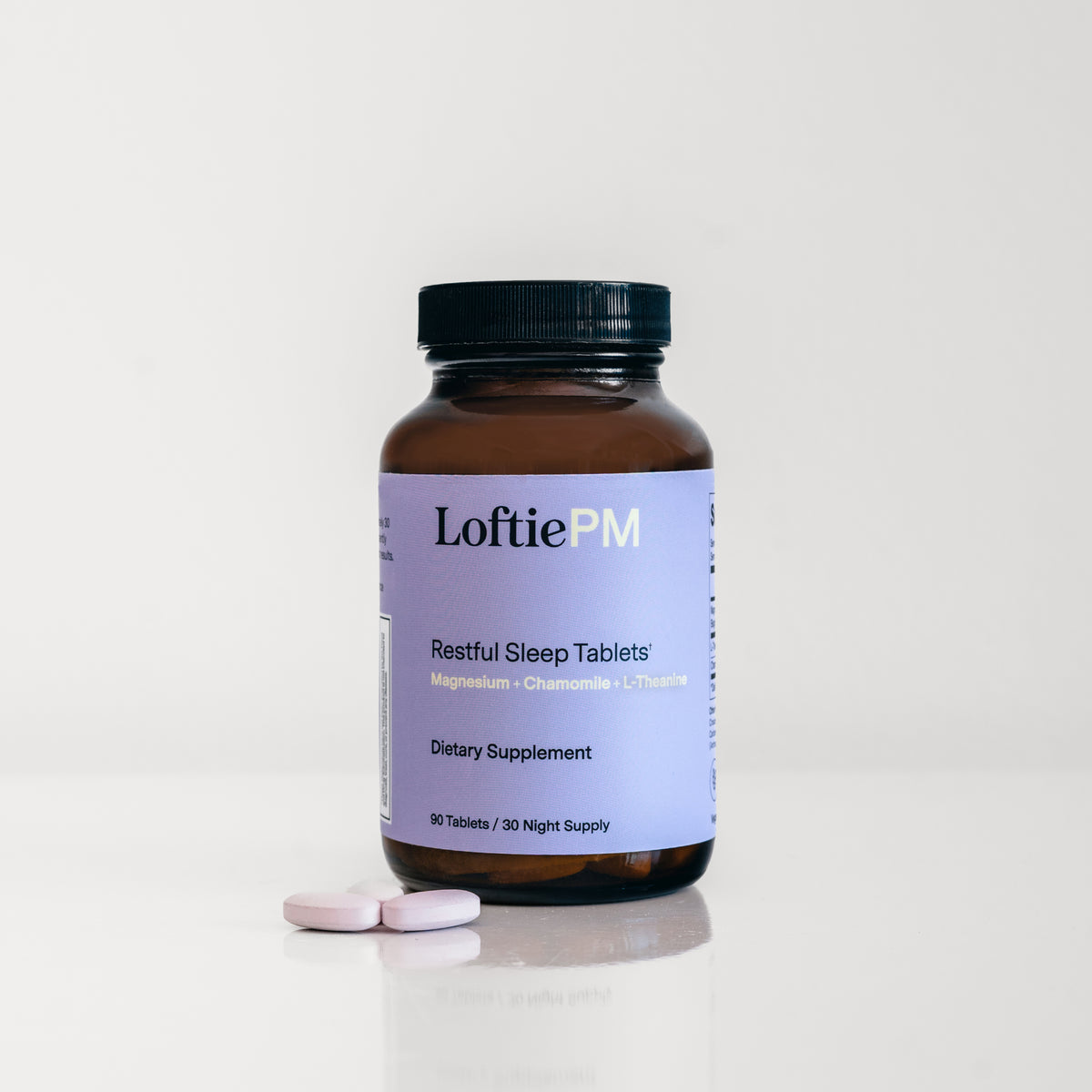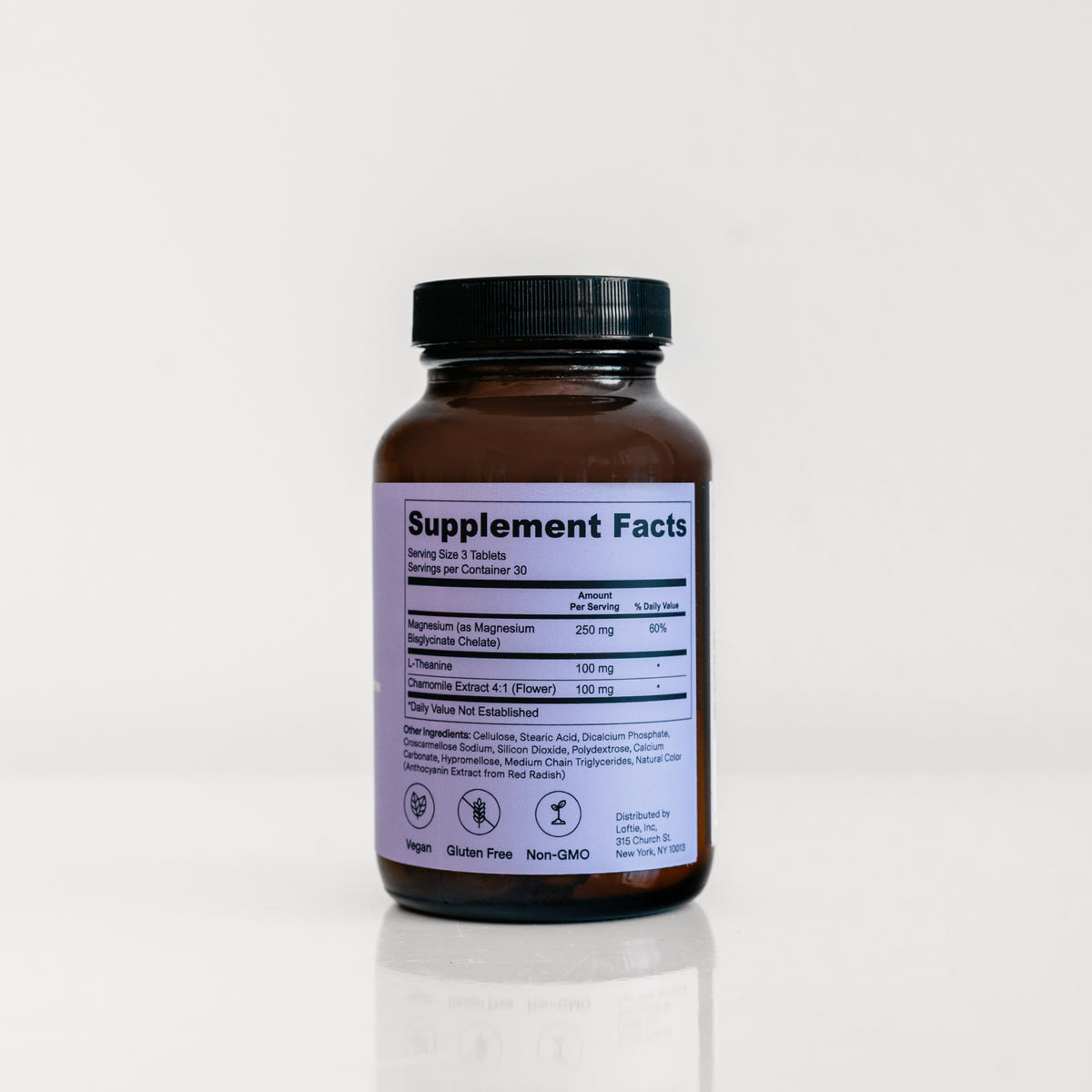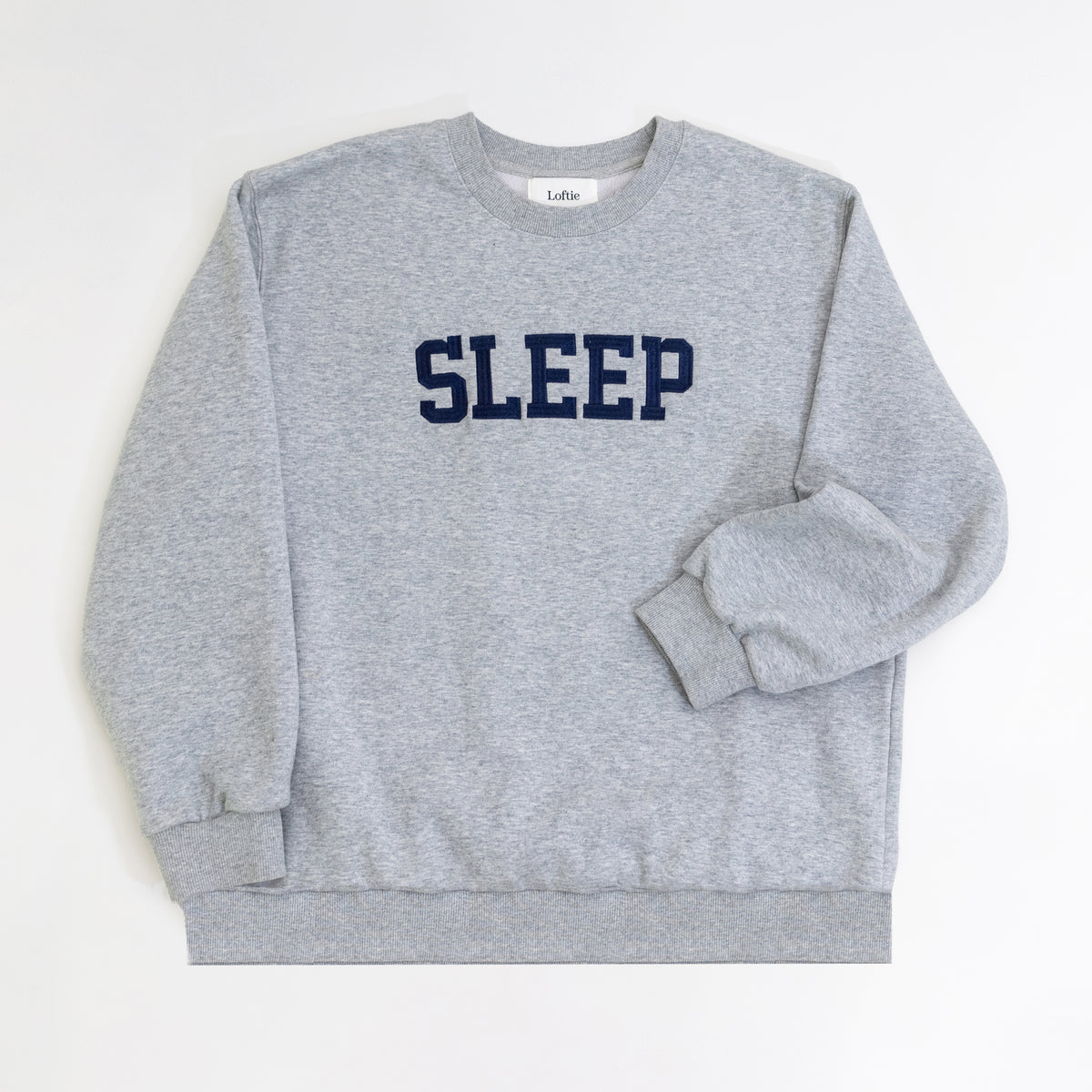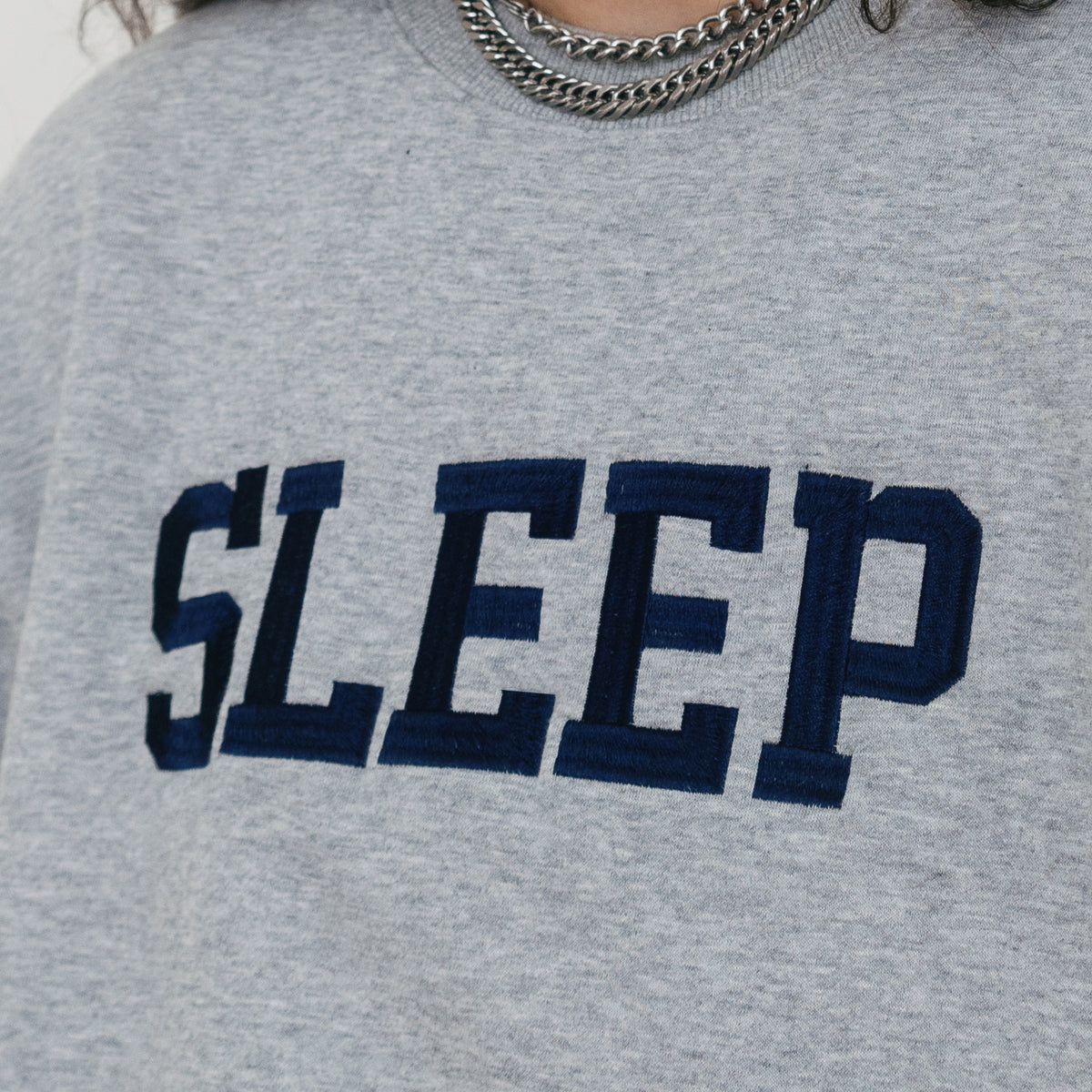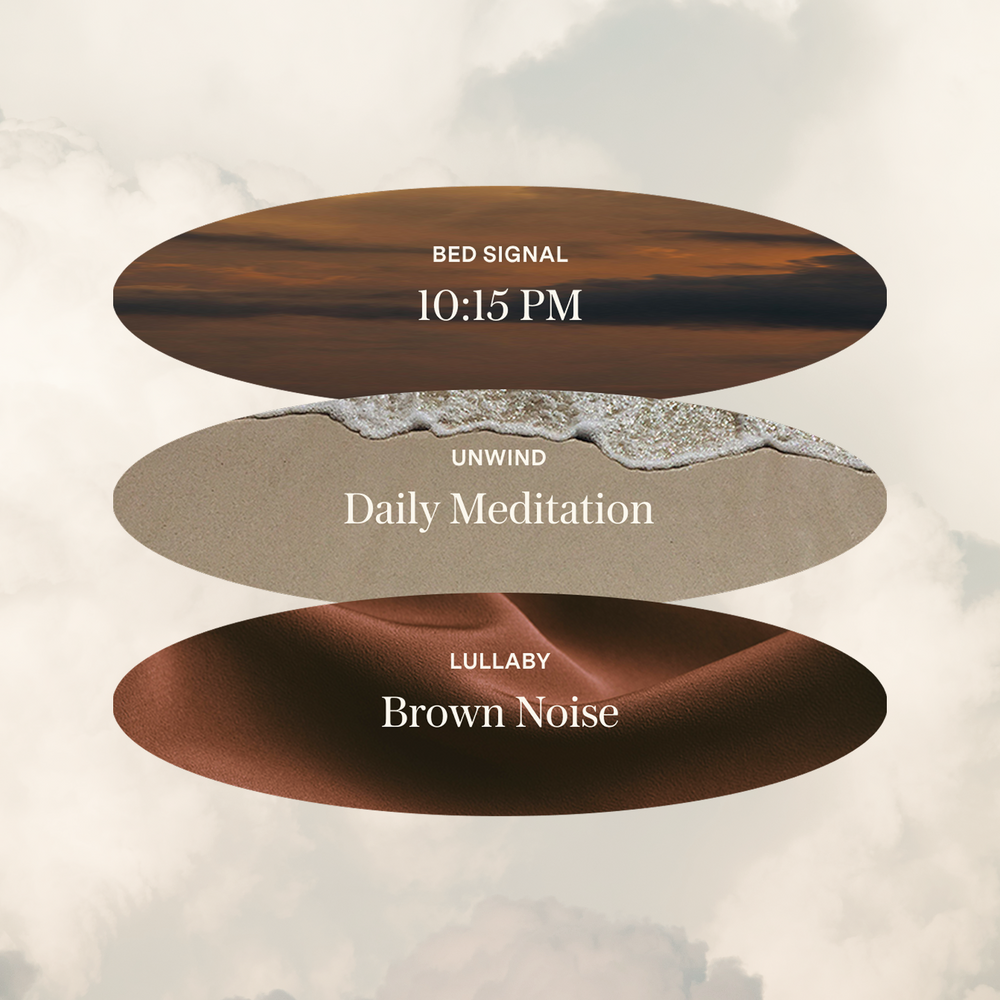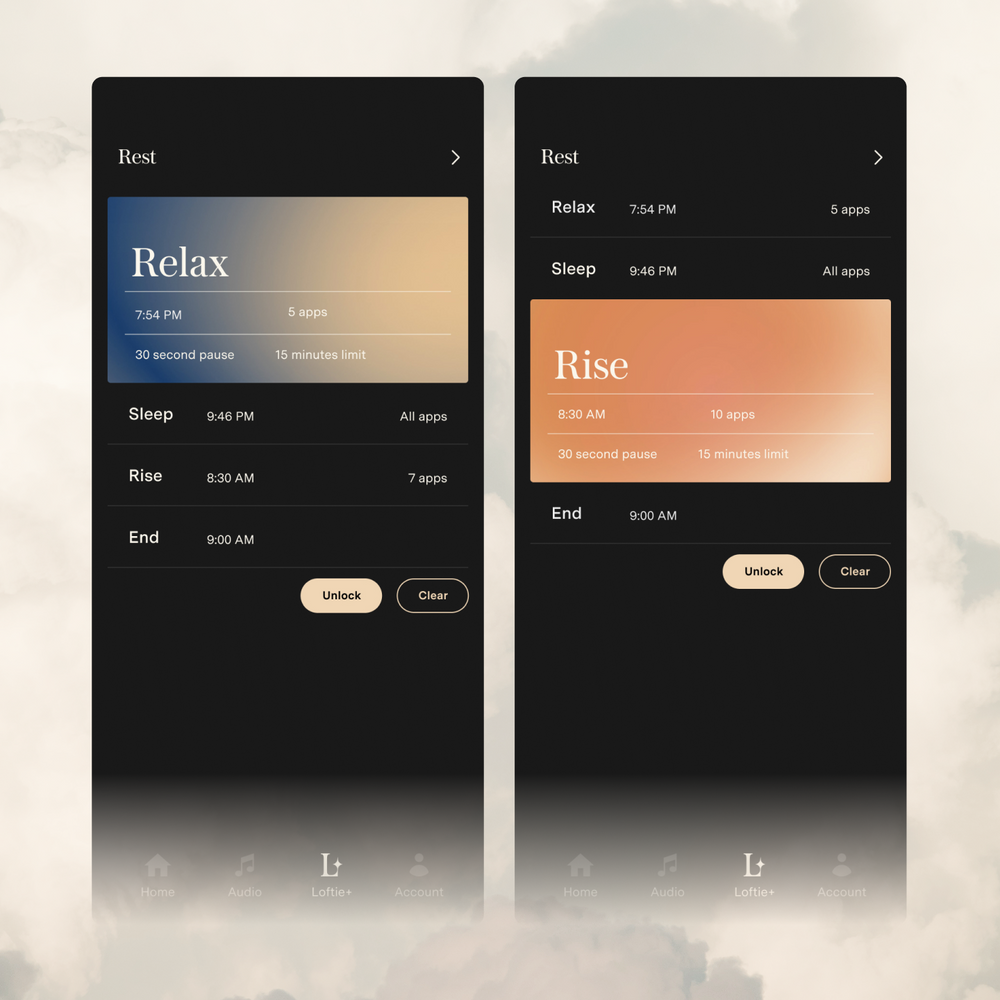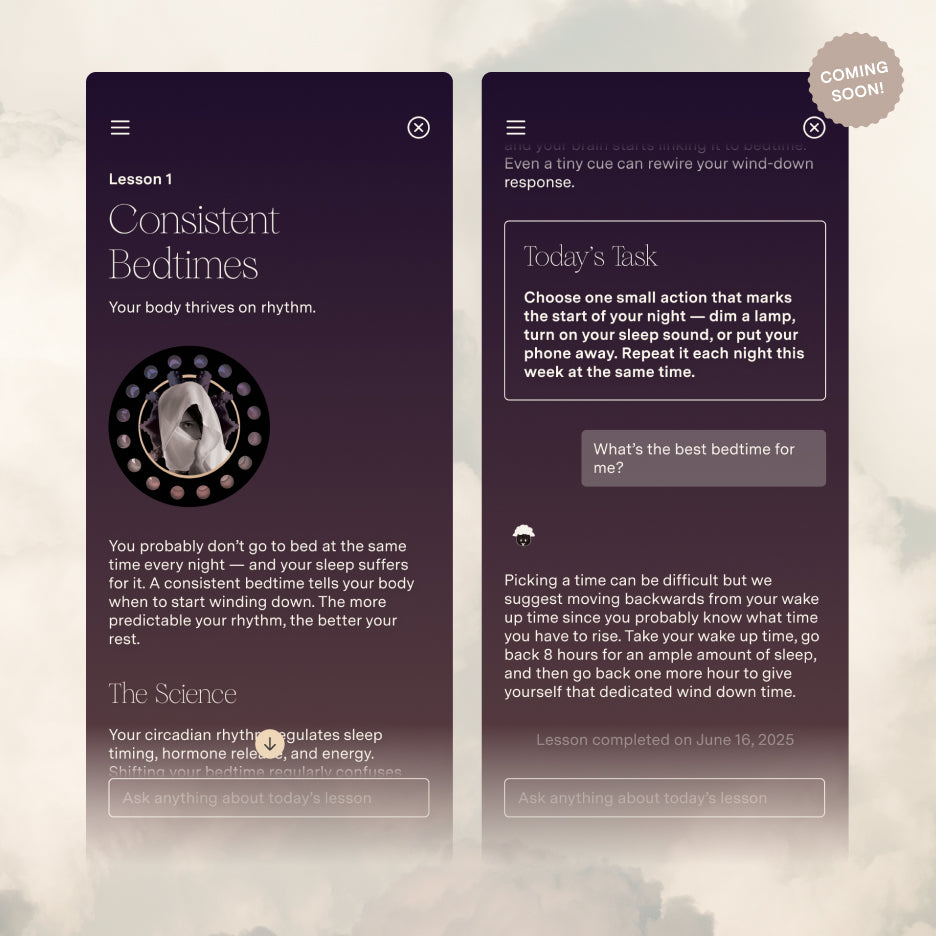So, how many calories do you burn sleeping? It requires a little math, but don’t stress, we made it very easy to follow! So grab a calculator and let’s get into it.
Average Amount of Calories Burnt While Sleeping
How does sleeping burn calories? It’s important to note that each of us requires a certain amount of energy to breathe, regulate our body temperature, circulate our blood, and keep us going. When we sleep, our systems are still required to run but because we are at rest our energy expenditure is less.On average, most people burn about 15% fewer calories while sleeping compared to the calories we burn during the day. The exact amount of calories burned depends on a number of individual factors which makes up our personal basal metabolic rate.
How Your Basal Metabolic Rate (BMR) Affects calories
Our BMR (basal metabolic rate) accounts for about 2/3 of our total calories burned each day. Which is pretty incredible when you think about it. The brain alone accounts for 20% of the calories we consume at rest. According to Harvard Health Publishing, one study reported that fidgeting and other non-exercise movement in lean individuals could burn up to 350 calories per day. While we don’t believe fidgeting will become the newest weight loss trend, it does reveal just how much our body can burn on its own without high-intensity workouts. So before we can answer the question, how many calories do I burn sleeping, we’ll need you to factor in a few things to get an accurate figure.What Factors Affect Your BMR?
Our BMR varies depending on a number of factors like:- Height and weight: More weight requires more calories to function.
- Fitness: Muscle burns more calories than fat, so people who are more active tend to burn more even at rest.
- Gender: Men generally have a higher BMR than women.
- Age: Growing children have a higher metabolism, but metabolic needs decrease as we age.
- Diet: A healthy diet can help manage body fat composition.
- Sleep quality: Poor sleep can negatively impact metabolism.
- Race: Some studies show that African-Americans may have a naturally lower BMR.
- Hormones and medical conditions: Pregnancy, lactation, menopause, hypothyroidism or hyperthyroidism, and other conditions can raise or lower BMR.
How to Calculate Your BMR
Determining how many calories your body burns during sleep, will be dependent on your personal BMR. We know there are a variety of factors that influence our BMR, some in our control like our weight, diet, and exercise, there are a number or factors out of our control like race, genetics, and height.To get the most accurate BMR requires special equipment but to get an estimate we can use the Harris-Benedict equation which accounts for sex, height, weight, and age.
Here’s an equation you can use to calculate the number of calories your body will burn on an average day.
For females:
- BMR = 665.1 + (4.34 x weight in pounds) + (4.7 x height in inches) – (4.68 x age in years)
- BMR = 665.1 + (4.34 x 160) + (4.7 x 64) – (4.68 x 50)
- BMR = 665.1 + 694.4 + 300.8 – 234
- BMR = 1,426.3 calories per day
For males:
- BMR = 66.47 + (6.24 x weight in pounds) + (12.71 x height in inches) – (6.78 x age in years)
- BMR = 66.47 + (6.24 x 195) + (12.71 x 69) – (6.78 x 40)
- BMR = 66.47 + 1,216.8 + 877.0 – 271.2
- BMR = 1,889.07 calories per day
How to Calculate the Amount of Calories You Burn When You’re Asleep
Once you have your BMR then we can answer the question how many calories do you burn in your sleep. Because the body is physically inactive at night, our metabolic rate is around 15% less. To estimate your calories burned while sleeping you can use the below formula as a rough estimate for both males and females.(BMR / 24) x number of hours asleep x 0.85
For example: A 50-year-old female who weighs 160 lb. and is 5 ft. 4 in. will burn approximately 404 calories during an 8-hour sleep.
For example: A 40-year-old male who weighs 195 lb. and is 5 ft. 9 in. will burn approximately 535 calories during an 8-hour sleep.
Can You Increase The Calories You Burn While Sleeping?
Calories burnt while sleeping are significant but they shouldn’t be a reason to nix an exercise or healthy diet resolution. Healthy eating and movement can greatly improve your BMR and sleep in general so improved sleep quality long-term could potentially improve your calorie burn at night. Improving your sleep can also enhance your REM (rapid eye movement) sleep which is a phase of sleep that’s closest to the brain waves experienced while awake. Extending your REM sleep phase could also help you burn more calories. To improve your chances of catching more z’s in REM, it’s important to give your body enough time to cycle through the phases. The Loftie Sleep Mask is a great way to ensure your sleep environment is conducive to your preferences. You can do this by going to bed and waking at the same time each day. The Loftie Clock is one way that can help you stay on track with your schedule sleep and wake time.We highly suggest keeping your wind down before bed relaxing. If weight loss or management is a high priority, it’s best not to rely on calories burnt sleeping. It’s best to keep up your nutrition and movement practices. Studies show that eating too close to bedtime can lead to weight gain. If you feel the need to indulge in a midnight snack (this happens to the best of us!), go for a light and healthy snack instead of sugar, caffeine, or alcohol. Keep your lighting dim and limit screen time 1-2 hours before bedtime. Instead of watching tv, try a low-stress activity like meditation, light stretching, reading a book or our Flowers with Powers Puzzle.


